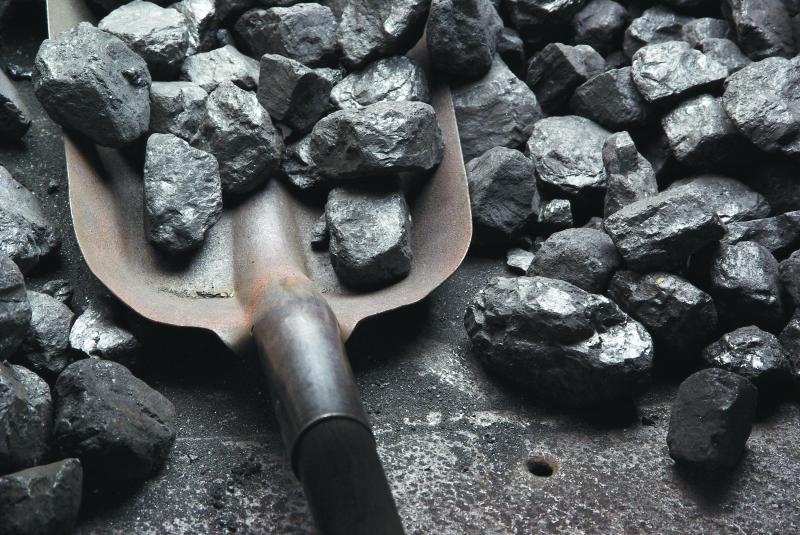×
The Standard e-Paper
Join Thousands Daily

The proposed coal mining project in the Mui basin in Kitui County is now in limbo after residents petitioned Parliament seeking to have it stopped.
In a strong-worded petition to the National Assembly Energy Committee, the residents say if allowed to continue, the project would have adverse effects on their lives.